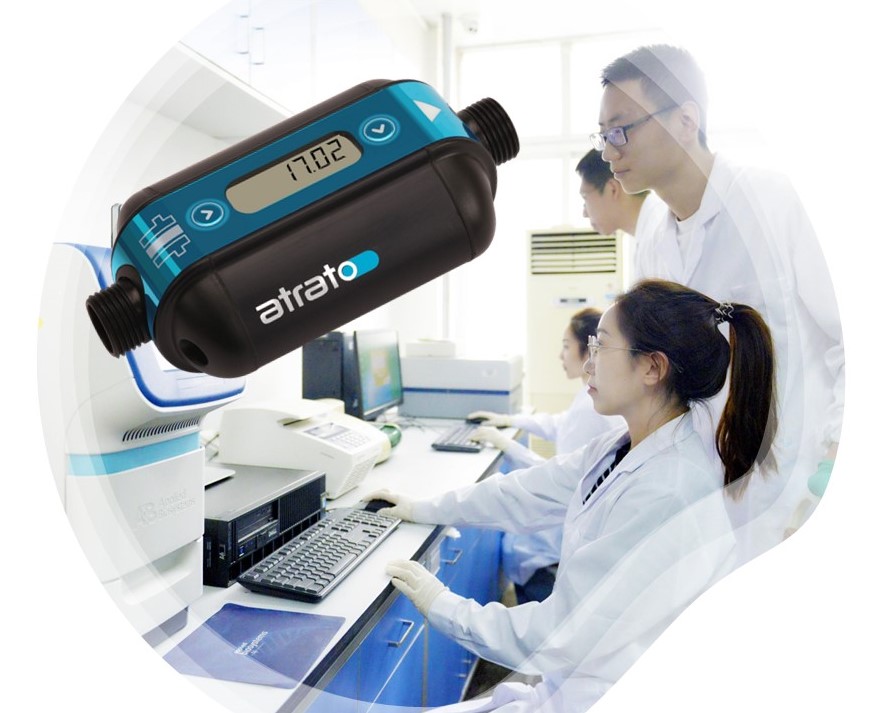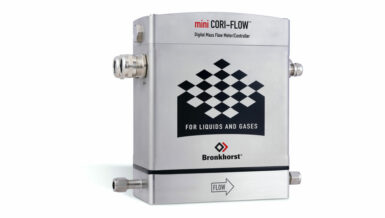Multiple space agencies and private space companies around the world, such as Blue Origin, Nasa, Virgin Galactic, and SpaceX, continually explore new technologies and ways to solve specific issues encountered in ultra microgravity situations. NASA, for example, has conducted a number of laboratory experiments on the orbiting International Space Station to explore the effects of microgravity on water and other liquids.
The investigation of fluid flow processes in low gravity or microgravity environs is hugely important, helping to improve processes essential in the production of plastics and other polymers, to manufacturing medicines and operating machines. In space, liquids behave very differently than on Earth, with processes that are usually masked by the Earth’s gravity becoming much more evident. For example, in microgravity, liquids held together by surface tension can achieve sizes much larger than liquids on the ground. Also, when these liquids move, the motions are much slower in microgravity than on the ground.
With no moving parts, Titan’s Process Atrato® ultrasonic flowmeter offers benefits including high reliability, fast response, high-speed batching and precise liquid dispensing, such as in potable water dispensers. Even with restraints on orientation to avoid trapped gas bubbles, the Atrato® sensor’s low-flow capability and through bore design, are showing good results in fluid dispensing tests in microgravity environments for the potential of delivering water to astronauts in space.
Trevor Forster, Managing Director of Titan Enterprises, said: “Our company philosophy has always been about pushing boundaries – of our ideas, materials and technology – so knowing that our pioneering Atrato® ultrasonic flowmeter is being trialled in microgravity and tested to its limits, is incredibly exciting for us.”































